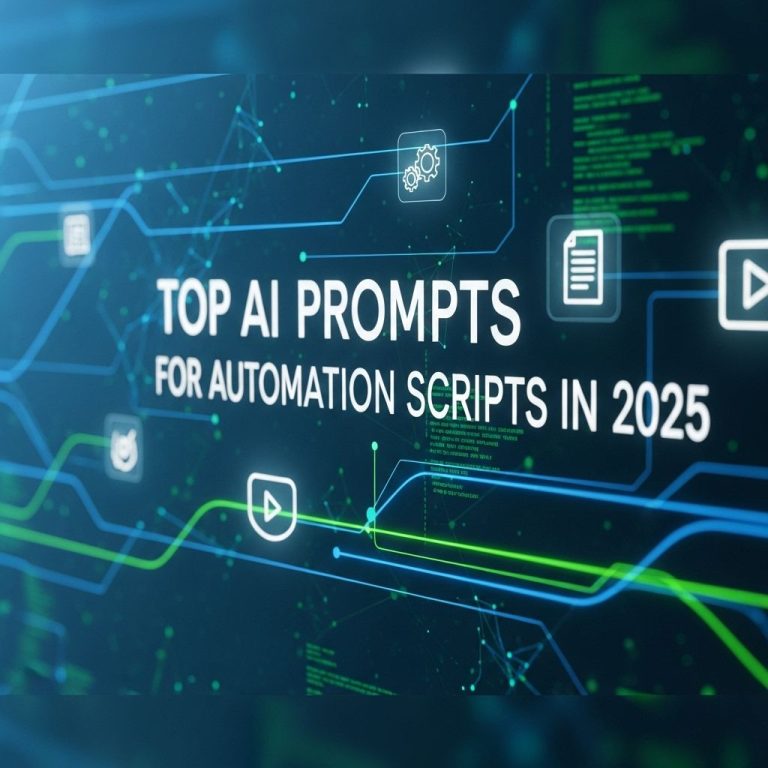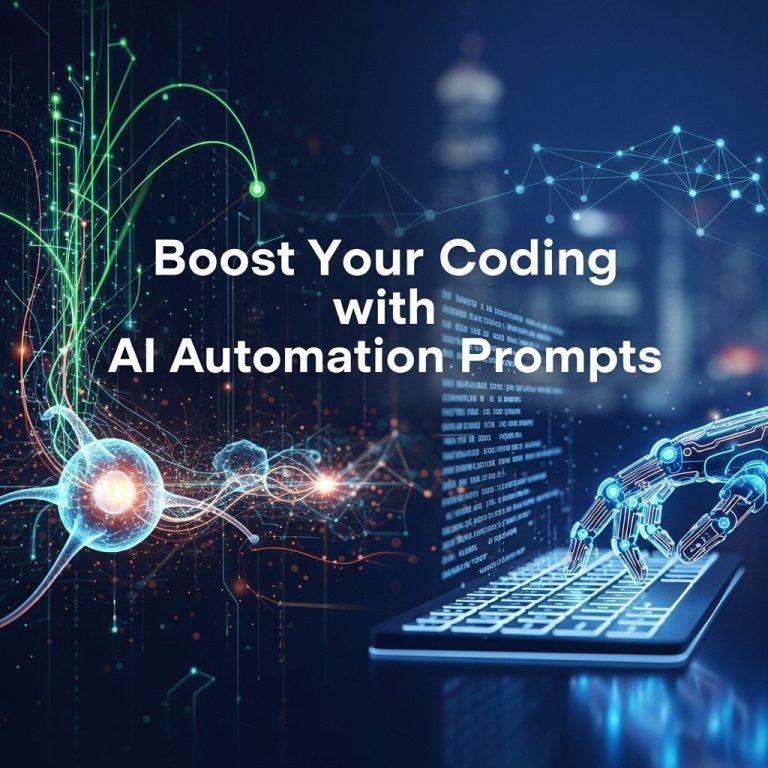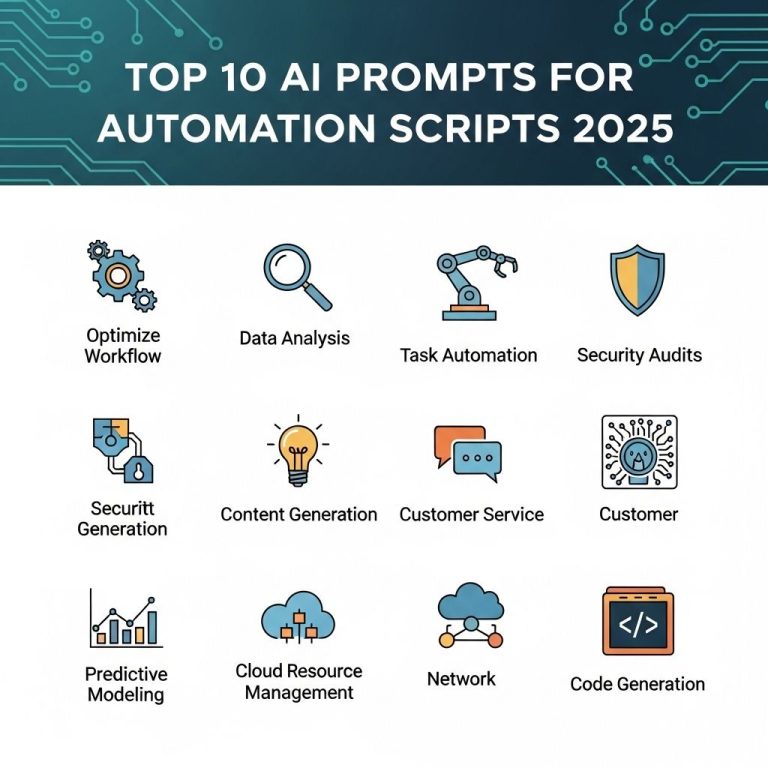In the fast-paced world of software development, staying ahead requires not just skill but also the right tools. As teams grow and the complexity of projects increases, the demands on developers are greater than ever. One area where many teams struggle is code review. Traditional code review processes can be time-consuming, inconsistent, and prone to human error. Enter AI code review tools—game-changers that are transforming how development teams operate.
Understanding AI Code Review Tools
AI code review tools leverage machine learning and advanced algorithms to analyze code for potential errors, style inconsistencies, and best practices. These tools can significantly enhance the efficiency and effectiveness of code reviews, making them an indispensable asset for modern development teams.
Key Features of AI Code Review Tools
- Automated Code Analysis: AI tools can automatically scan code for issues, allowing developers to catch problems early in the development process.
- Consistent Feedback: Unlike human reviewers, AI can provide consistent feedback based on established coding standards.
- Integration with Development Environments: Many AI tools seamlessly integrate with popular IDEs and version control systems, streamlining workflows.
- Learning Capabilities: AI tools can improve over time by learning from past reviews and team preferences.
Benefits of Implementing AI in Code Reviews
Implementing AI code review tools has numerous benefits, some of which include:
Increased Efficiency
AI tools can process large volumes of code quickly, reducing the time developers spend on manual reviews. This enables teams to focus on more complex tasks that require human ingenuity.
Enhanced Code Quality
By providing instant feedback and identifying potential issues, AI tools help maintain high code quality standards. Teams can deliver more reliable software, leading to increased user satisfaction.
Fostering Collaboration
AI code review tools encourage a culture of collaboration by providing a shared platform for reviewing code. Developers can leave comments and suggestions, fostering teamwork and knowledge sharing.
How AI Code Review Tools Work
The underlying mechanisms of AI code review tools typically include the following processes:
Static Code Analysis
AI tools perform static code analysis, examining the code without executing it. This method identifies syntax errors, potential bugs, and code smells early in the development cycle.
Machine Learning Algorithms
Machine learning algorithms analyze historical code review data to identify patterns and predict potential issues. This enables the tool to provide tailored feedback specific to the project or team.
Natural Language Processing (NLP)
NLP allows AI tools to understand and interpret comments and discussions related to the code, improving the context-sensitive feedback provided to developers.
Popular AI Code Review Tools
There are several AI-powered code review tools that are popular among development teams:
| Tool Name | Key Features | Target Users |
|---|---|---|
| DeepCode | Real-time code review, integration with GitHub, learns from millions of code repositories | Small to large teams |
| CodeGuru | Performance recommendations, security analysis, integrates with AWS | AWS users, enterprise teams |
| SonarLint | IDE integration, instant feedback, supports multiple languages | Individual developers, teams |
| Codacy | Code quality monitoring, automated reviews, integrations with CI/CD | DevOps teams |
Best Practices for Using AI Code Review Tools
To maximize the benefits of AI code review tools, consider the following best practices:
- Set Clear Expectations: Define what types of issues the AI tool should flag and how developers should address them.
- Combine AI with Manual Reviews: While AI tools can greatly enhance code quality, they should complement rather than replace human review processes.
- Regularly Update Configuration: As projects evolve, ensure that the AI tool’s configuration aligns with current coding standards and practices.
- Provide Training: Ensure that team members understand how to use the AI tool effectively and interpret its feedback.
Challenges to Consider
While AI code review tools offer numerous advantages, there are also challenges associated with their use. It’s essential to be aware of these potential pitfalls:
Over-Reliance on AI
One significant challenge is the risk of teams becoming over-reliant on AI tools. Developers may begin to trust the tool’s feedback without applying their judgment, leading to missed nuances that require human intervention.
Integration Issues
Integrating AI tools with existing workflows can present challenges. Teams must ensure that the tools can seamlessly fit into their development pipeline without creating friction.
False Positives and Negatives
AI tools may occasionally flag non-issues or fail to catch certain types of bugs, leading to frustration among developers. Continuous tuning and feedback loops are essential to minimize these occurrences.
The Future of AI in Code Review
As technology continues to advance, the role of AI in code review will likely expand. Future developments may include:
Improved Predictive Capabilities
As AI systems learn from more data, their predictive capabilities will enhance, leading to better recommendations and fewer errors.
Greater Personalization
AI tools may become more adept at customizing their feedback based on individual developer preferences and project requirements.
Integration of More Advanced Machine Learning Models
The integration of more sophisticated models could lead to deeper insights about code quality and project health, empowering teams to make informed decisions.
Conclusion
AI code review tools are revolutionizing the way development teams approach code quality and collaboration. By automating time-consuming processes and providing consistent, data-driven feedback, these tools allow teams to deliver better software faster. As the technology continues to evolve, embracing AI in code review will become increasingly essential for teams looking to maintain a competitive edge in the ever-changing landscape of software development.
FAQ
What are AI code review tools?
AI code review tools are software solutions that leverage artificial intelligence to analyze code for errors, improvements, and best practices, enhancing the quality of software development.
How can AI tools improve code quality?
AI tools can automatically identify bugs, suggest optimizations, and enforce coding standards, which helps developers produce cleaner and more efficient code.
What are the benefits of using AI in code reviews?
Benefits include faster feedback loops, reduced manual review time, improved team collaboration, and the ability to learn from past code reviews to continually enhance the review process.
Can AI code review tools integrate with existing development workflows?
Yes, most AI code review tools are designed to integrate seamlessly with popular version control systems and development environments, making them easy to adopt into existing workflows.
Are AI code review tools suitable for all programming languages?
Many AI code review tools support multiple programming languages, but it’s essential to check if the specific tool you choose supports the languages used in your projects.
How do AI code review tools enhance team productivity?
By automating repetitive tasks and providing instant feedback, AI code review tools allow developers to focus on more complex problems, ultimately speeding up the development process.




